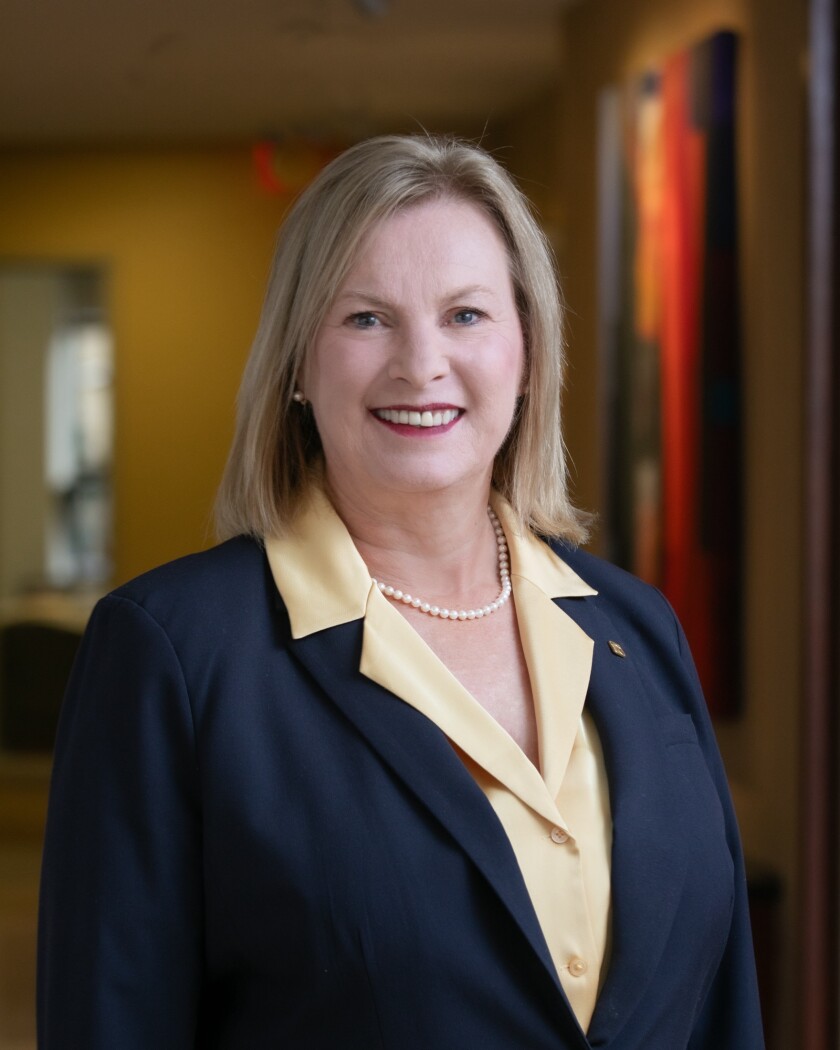The Internal Revenue Service issued guidance Tuesday to make temporary changes to section 125 cafeteria plans, with the goal of providing tax relief and flexibility in the midst of the novel coronavirus pandemic. The IRS is extending the claims period for health care flexible spending arrangements and dependent care assistance programs and enabling taxpayers to make mid-year changes to their accounts.
The guidance released Tuesday by the IRS deals with the unanticipated changes in expenses faced by many taxpayers as a result of the COVID-19 pandemic. The IRS is now allowing its previously provided temporary relief for high deductible health plans to be applied retroactively to Jan. 1, 2020, and also increases for inflation the $500 permitted carryover amount for health FSAs to $550.
Karen Buck is executive vice president and chief administrative officer of EagleBank. Her most recent roles include executive vice president — director of operations/contact center at Flagstar Bank in Michigan and executive vice president — commercial, retail/payment operations at TD Bank. Ms. Buck earned a Bachelor of Science with a concentration in finance and Spanish from La Salle University in Philadelphia. She has been recognized by South Jersey Biz Magazine as one of the 25 Women to Watch, NJBIZ Journal as one of the Best 50 Women in Business, the American Banker Most Powerful Women Team Award and Crain's Detroit 100 Most Influential Women.
Atty Bruggemann, Esq. is a partner at Dimopoulos Bruggemann P.C., a matrimonial and family law firm based in Westchester County, New York that specializes in high-net-worth divorces.
Brian O'Connell is an analyst at insuranceQuotes.com, which publishes in-depth studies, data and analysis related to auto, home, health, life and business insurance. In his role as analyst, Brian studies the insurance industry in order to provide trusted tips, advice and insights. A former Wall Street trader, he is the author of the books "CNBC's Creating Wealth" and "The Career Survival Guide." His commentary appears regularly on major media platforms like Fox Business, U.S. News, The Motley Fool, TheStreet.com and many others.
In Notice 2020-29, the IRS is offering extra flexibility to taxpayers by:
- extending the claims periods for taxpayers to apply unused amounts remaining in a health FSA or dependent care assistance program for expenses incurred for those same qualified benefits through Dec. 31, 2020;
- expanding the ability of taxpayers to make mid-year elections for health coverage, health FSAs and dependent care assistance programs, allowing them to respond to changes in needs as a result of the COVID-19 pandemic; and
- applying earlier relief for high-deductible health plans to cover expenses related to COVID-19, and a temporary exemption for telehealth services retroactively to Jan. 1, 2020.
In conjunction with that notice, the IRS also issued Notice 2020-33, in response to the Trump administration’s Executive Order 13877, which directs the Treasury secretary to “issue guidance to increase the amount of funds that can carry over without penalty at the end of the year for flexible spending arrangements.” The notice ups the limit for unused health FSA carryover amounts from $500, to a maximum of $550, adjusted each year for inflation.




